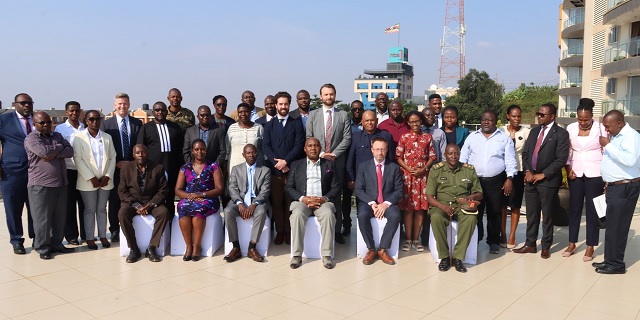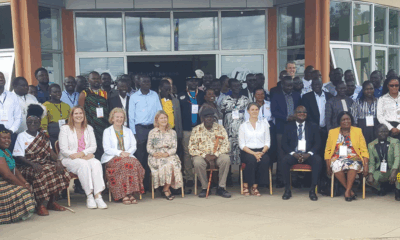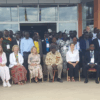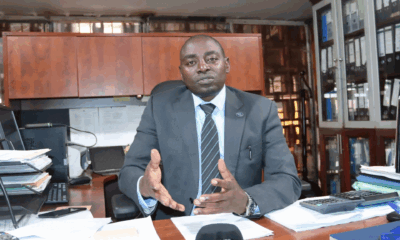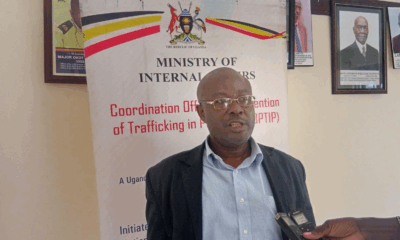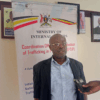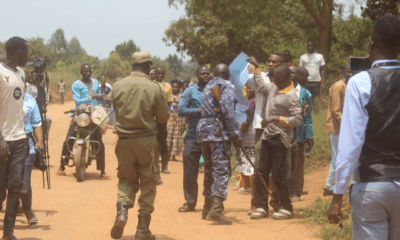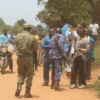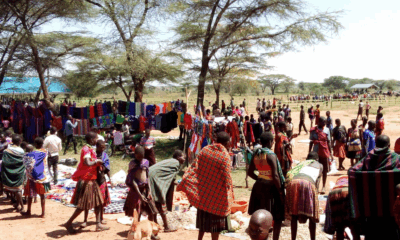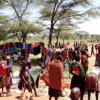Crime and Security
Uganda Reaffirms Commitment to Biological Weapons Convention at Landmark Conference
Uganda has reaffirmed its commitment to global peace and security by strengthening the implementation of the Biological Weapons Convention (BWC), following a landmark one-day conference held in Kampala on Tuesday.
The event, co-hosted by the Uganda People’s Defence Forces (UPDF) and the United Nations, brought together security experts, policymakers, and government officials to advance the country’s capacity to meet its international obligations under the BWC and the United Nations Security Council Resolution 1540.
According to a statement from the UPDF, the government reiterated its resolve to support global non-proliferation efforts and ensure Uganda fully complies with measures to prevent the development, production, and stockpiling of biological and toxin weapons.
“This conference represents a key step in consolidating our national response to biological threats,” said Godwin Bagashe, Uganda’s national BWC contact point. “It is critical that we maintain momentum by fast-tracking legislation, strengthening coordination across sectors, and ensuring accurate and timely reporting.”
Bagashe urged participants to become champions of the BWC within their respective ministries, departments, and agencies by cascading knowledge and initiating the collection of data relevant to Uganda’s confidence-building measures under the treaty.
The conference, described by participants as the first of its kind in Uganda, also laid the groundwork for stronger institutional collaboration. It focused on strengthening national capacity, harmonizing frameworks, and building a task force to drive implementation of the BWC.
Irumba Roger Kaija, undersecretary for relief, disaster management, and refugees in the Office of the Prime Minister, closed the event with a rallying call for action.
“We’ve received critical guidance, and I encourage all of us to carry this forward by forming a national task force to lead future responses,” Kaija said. “This is a strategic opportunity to fortify our national security and our standing in the global community.”
Uganda is already equipped with key legal instruments such as the Anti-Terrorism Act and the Biosafety and Biosecurity Bill, both of which are seen as essential pillars in the country’s adherence to the BWC.
Formally known as the Convention on the Prohibition of the Development, Production and Stockpiling of Bacteriological (Biological) and Toxin Weapons and on their Destruction, the BWC entered into force in 1975 and is a cornerstone of global disarmament and non-proliferation efforts.
The Kampala conference marked a renewed chapter in Uganda’s engagement with international norms against weapons of mass destruction, as the nation positions itself as a proactive player in global biosecurity.
Comments



